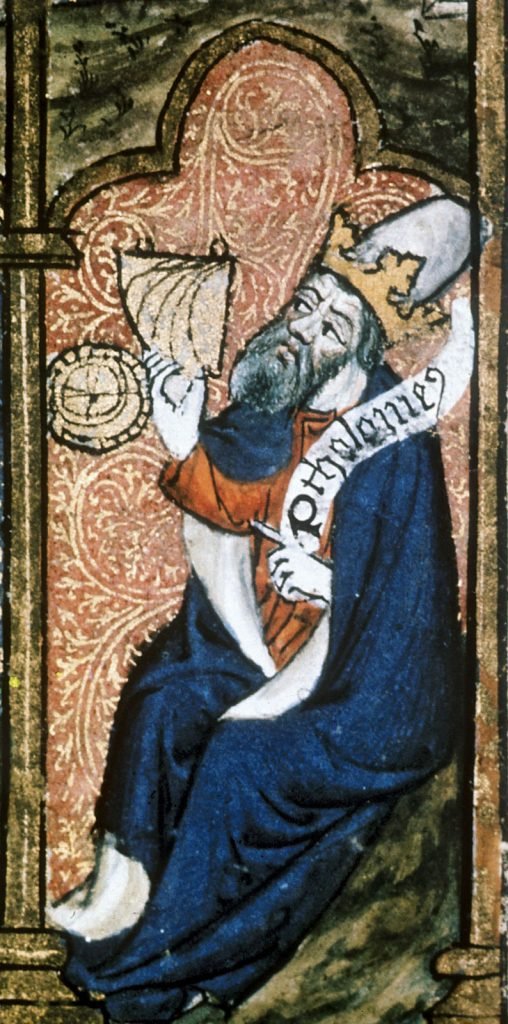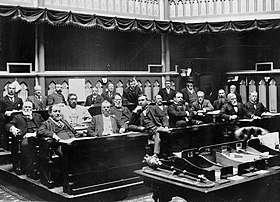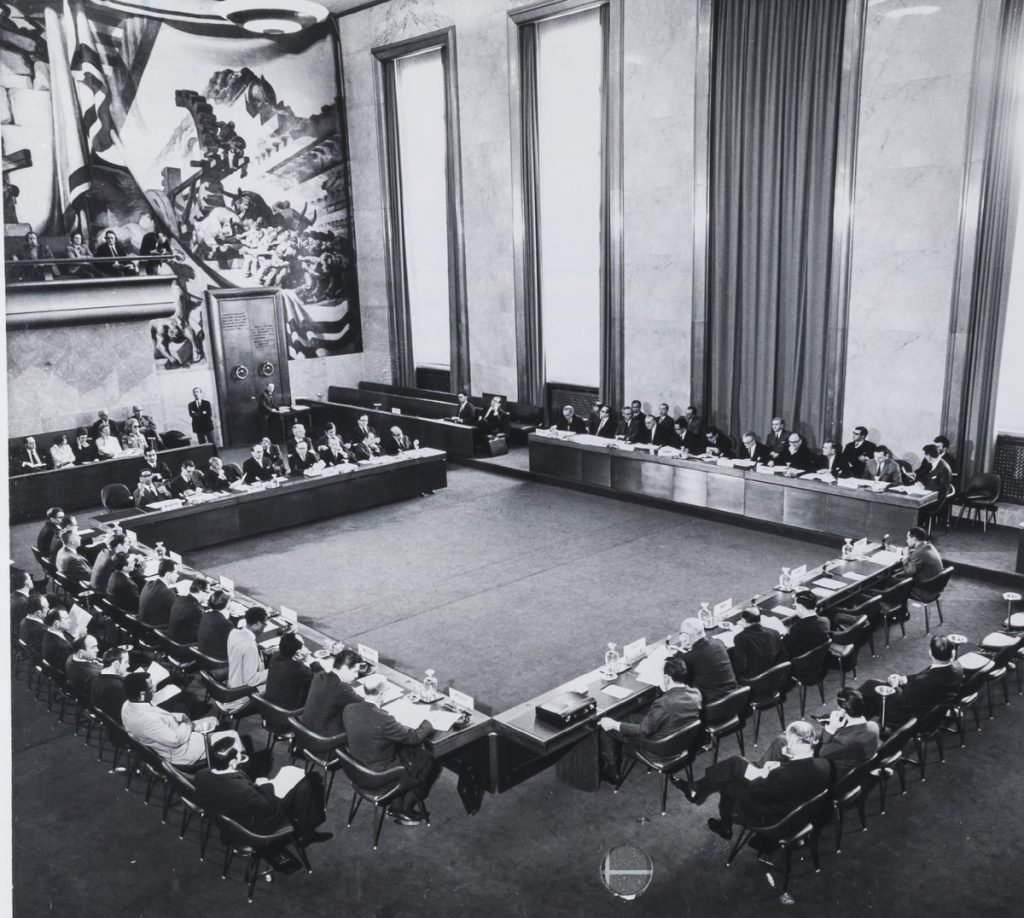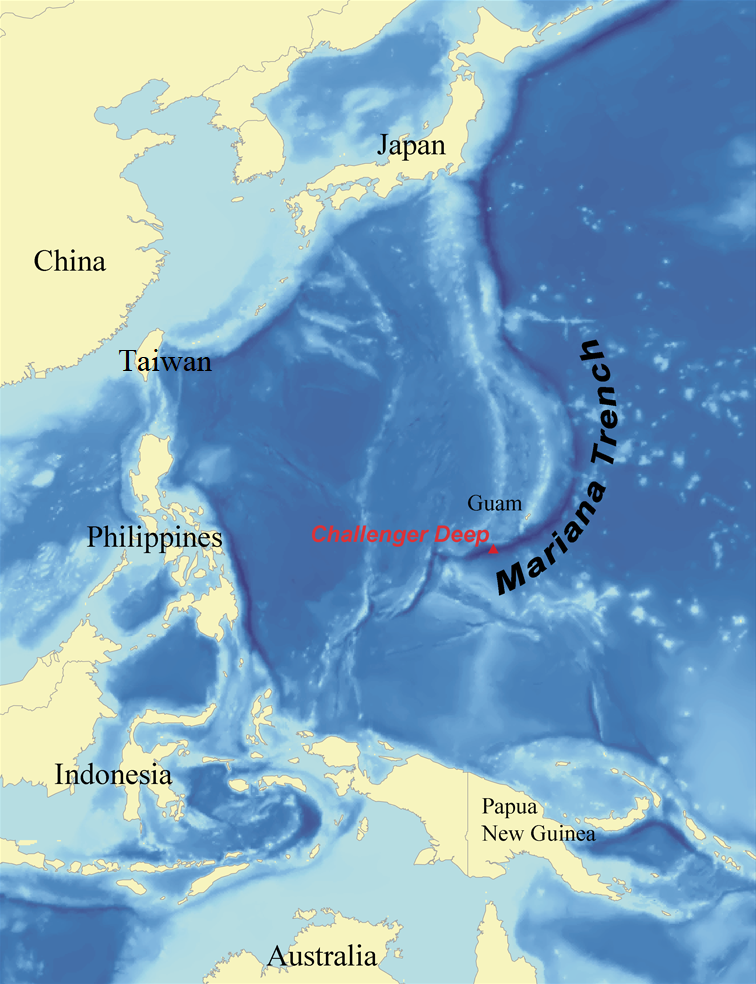This Day in History is DUE’s daily dose of trivia for all the history buffs out there. So sit back and take a ride to all the fascinating things that happened today!
People are trapped in history and history is trapped in people, and hence, every day has been a significant one in the foibles of History. Let’s take a tour of “This Day in History – 26th of March”.
127 Ptolemy begins his observations of the heavens (until 141 AD)

Greek astronomer and mathematician Ptolemy had spun the yarn of research around the geocentric model. His first major astronomical work, the Almagest, was completed about 150 CE and contains reports of astronomical observations that Ptolemy had made over the preceding quarter of a century.
1934 Driving tests introduced in Britain
Legislation for compulsory testing was introduced for all new drivers with the Road Traffic Act 1934. The test was initially voluntary to avoid a rush of candidates until 1 June 1935 when all people who had started to drive on or after 1 April 1934 needed to have passed the test.
1936 1st parliamentary debate on NZ radio

In 1936, New Zealand became the first country to broadcast its parliamentary debates regularly on the radio. Despite initial problems, like microphones picking up embarrassing conversations, the broadcasts were popular with the public. Some listeners even sent ‘fan mail’ to speakers they enjoyed hearing.
1936 Mary Joyce ends a 1,000 mile trip by a dog in Alaska
Mary Joyce ends a thousand-mile sled dog trip. Mary Joyce, a pioneer Alaskan adventurer and the first female radio operator in the Territory of Alaska, completed a thousand-mile sled dog trip from Juneau to Fairbanks on this day in 1936.

1945 Raising the flag in Iwo Jima, Japan
Allies led by the US Marine Corps secured the island of Iwo Jima from the Imperial Japanese Army on this day in History. Above all, 18,000 Japanese & 6,000 Americans were killed.
1951 United States Air Force flag officially adopted by President Harry S. Truman
The official United States Air Force flag was adopted by President Harry S. Truman on March 26, 1951. This flag shows the Air Force coat of arms centered on a blue background, surrounded above by a semi-circle of 13 white stars.

1953 Polio vaccine is born
Dr. Jonas Salk had successfully tested a vaccine to prevent polio. Therefore, the clinical trials began the next year.
1958 US Army launches America’s third successful satellite, “Explorer III”
Third U.S.-IGY satellite. Explorer III, a joint ABMA-JPL project, successfully launched by Army Juno II, yielded valuable data on radiation belt, micrometeorite impacts, and temperature before returning to Earth on 27 June 1958.
1970 500th nuclear explosion announced by the US since 1945
Nuclear weapons testing is the act of experimentally and deliberately firing one or more nuclear devices in a controlled manner pursuant to military, scientific, or technological goals. States completes its 500th explosion, on this day in History.
1971 Bangladesh (East Pakistan) under Sheikh Mujibur Rahman declares its independence from Pakistan

Just before his arrest on the night of 25 March, Sheikh Mujibur Rahman sent a message about attacks on EPR and police barracks in Dhaka, and declared the independence of Bangladesh. This message was broadcast from Swadhin Bangla Betar Kendro on 26 March 1971, and was widely reported in newspapers around the world.
1972 William Whitelaw appointed as the first Secretary of State for Northern Ireland
The Secretary of State for Northern Ireland also referred to as the Northern Ireland Secretary is the principal secretary of state in Her Majesty’s Government who represents Northern Ireland in Cabinet. William Whitelaw was the first-ever Secretary of State for Northern Ireland.
1975 Biological Weapons Convention enters into force
The Biological Weapons Convention (BWC), which effectively prohibits biological and toxin weapons, was opened for signature on 10 April 1972 and entered into force on 26 March 1975.

Read more on BWC here.
1976 Queen Elizabeth II sent out the first royal email, from the Royal Signals and Radar Establishment
On this day in History, the Queen visited the Royal Signals and Radar Establishment, a telecommunications research center in Malvern, England, and using ARPANET — the computer network that eventually morphed into the current internet — making her the first royal to send an email.
1985 Pope John Paul II proclaims first-ever World Youth Day
World Youth Day was initiated by Pope John Paul II in 1985. Its concept has been influenced by the Light-Life Movement that has existed in Poland since the 1960s, where during summer camps Catholic young adults over 13 days of camp celebrated a “day of community”.
1987 Hyderabad beat Delhi on 1st innings to win Ranji Trophy
Almost 33 years ago, Hyderabad, led by M. V. Narasimha Rao, shocked fancied Delhi to win the Ranji Trophy by virtue of the first-innings lead. For the record, Hyderabad scored 457 in the first innings and in reply, Delhi finished on 433.
1995 The Schengen Treaty goes into effect
Schengen is a European zone consisting of 26 countries, which have abolished internal borders. It proposed measures intended to gradually abolish border checks at the signatories’ common borders, including reduced-speed vehicle checks which allowed vehicles to cross borders without stopping, allowing residents in border areas freedom to cross borders away from fixed checkpoints, and the harmonisation of visa policies.
2005 “Doctor Who” returns to BBC TV after 16 years with the debut of Christopher Eccleston as the Ninth Doctor and Billie Piper as Rose
Billie Piper as Rose Tyler and Christopher Eccleston as The Doctor. Doctor Who returned to television on 26 March 2005. For dedicated fans of the show – deprived of new episodes for 16 years – this was a moment of great excitement.
2012 Canadian filmmaker James Cameron becomes the first person to visit Challenger Deep, the deepest point on Earth in over 50 years

The Challenger Deep is the deepest known point in the Earth’s seabed hydrosphere (the oceans), with a depth of 10,902 to 10,929 m (35,768 to 35,856 ft) by direct measurement from deep-diving submersibles, remotely operated underwater vehicles and benthic landers and (sometimes) slightly more by sonar bathymetry. Canadian filmmaker James Cameron becomes the first person to visit this in over 50 years.
2018 “The Black Panther” becomes the highest-grossing superhero film in America
Earning $630.9m, the Superhero movie “The Black Panther” becomes the fifth Marvel movie to earn $1 billion worldwide. Have a sneak-peek into its teaser:
For further updates, follow the “This Day in History” section.
